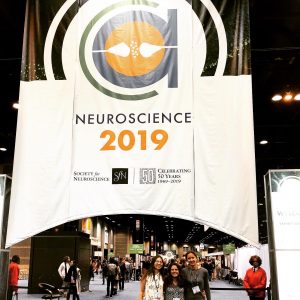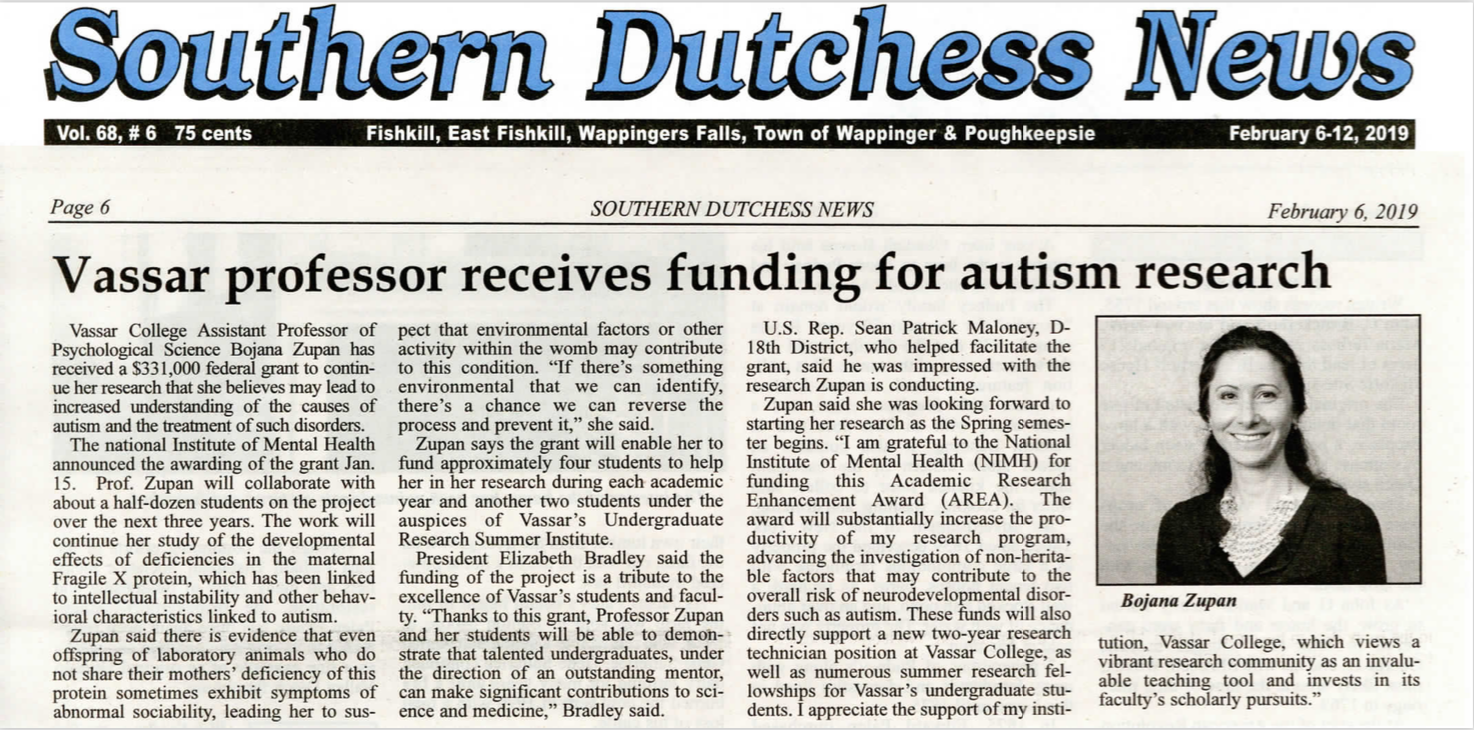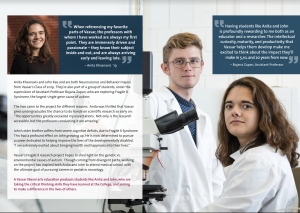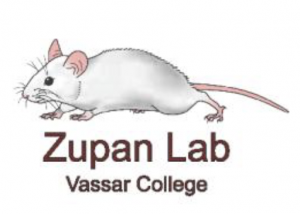Wear Your Masks!
#ShutDownSTEM #ShutDownAcademia
Today as part of the BLM (Black Lives Matter) movement there is #ShutDownSTEM and #ShutDownAcademia. The Zupan lab will also be participating. We will not be conducting research. We will not be holding meetings. We will not go on as business as usual. We will, however, be actively engaging in a conversation about race, its intersectionality with STEM, and how to make our lab a more equitable space especially for our BIPOC (Black/Indeginous/People of Color) and LGBTQ+ students. We are writing this in solidarity and recognize it is our responsibility as non-Black allies to do the work.
This moment is a time for us to educate ourselves, but to also create and follow through with plans to eradicate racism in STEM and academia. This is to hold us accountable and to support our BIPOC students. This day is not meant to be a one time checklist of being an ally or proving wokeness. Being an ally is not a noun it is a verb – it means constant work and action. As such we will be updating our progress and efforts to the movement on this page.
SfN 2019, Chicago, IL
Nov 19-23: Hard at work, hard at play:

Zupan lab alumnae/i at the VC Neuroscience and Behavior Social! From left: Lucy Morse, Anita Khasnavis, Andy Thompson, BZ, Amber Osterman, Bibi Sulaman.
Zupan Lab at the SfN Hudson-Berkshire Chapter Meeting
Bright and early Sunday morning the Zupan Lab trekked across the state to SUNY Albany for the 5th annual Hudson-Berkshire SfN Chapter meeting. The lab spent the whole day meeting neuroscientist in the region and listening to the exciting new research going on in other labs. Dr. Zupan also presented work from the lab. Her presentation was based on the maternal programming of dopamine signaling and sociability that is currently being worked on in the lab.
For more info on the meeting: https://sites.google.com/site/sfnhudsonberkshire/events/annual-meeting
Going to SFN 2019? Join our annual VC Neuro Social!
Meet up with VC faculty and current and past VC Neuroscience students attending the SFN conference. Please email Dr. Zupan if you think you can join us!
Professor Bojana Zupan Awarded $331,000 Federal Grant
Federal Grant Money Will Be Used for Autism Research
Link to the article: https://stories.vassar.edu/2019/190121-autism-grant.html
The National Institute of Mental Health (NIMH) has generously awarded Dr. Zupan a $331,000 grant. The federal grant allows Dr. Zupan to collaborate with students on the project over the next three years.
Fetal and neonatal development is highly sensitive to maternal environment. Effects of maternal stress, nutrition, and infections on developmental programming are well documented, and we have recently shown that maternal mutations can also impact behavior of genetically normal offspring by altering the fetal, perinatal and/or early postnatal environment.
Social behavior, a core dimension of many neurodevelopmental disorders, is programmable by maternal Fmr1 haploinsufficiency. This intergenerational effect is associated with dysregulated activity of the mesolimbic/amygdala regions during social interaction. Specifically, ventral tegmental area, nucleus accumbens, and amygdala activity is linked to social behavior, and the observed dysfunction in these regions raises the possibility of a causal relationship with the observed phenotype. Additionally, we found a maternal fragile x mental retardation protein (FMRP) deficiency-associated reduction in dopamine autoreceptor expression and function, as well as an attenuated behavioral response to oxytocin administration.
Our data suggest that maternal FMRP may alter life-long dopamine signaling by programming expression of dopamine autoreceptors. Abnormal dopamine signaling has been associated with numerous neurodevelopmental and psychiatric conditions including ADHD, schizophrenia, anxiety, affective disorders and autism, expanding the potential impact of this research beyond Fragile X-related behavioral dysfunction.
The aim of the proposed research is to ascertain whether maternal FMRP-dependent changes in sociability are caused by reduced dopamine autoreceptor expression and/or are associated with abnormal oxytonergic modulation of midbrain dopamine signaling. Experiments in Aim 1 will assess a causal link between maternal FMRP deficiency, the differentially expressed dopamine autoreceptor gene, and its effect on sociability. In Aim 2, we will ascertain whether maternal FMRP deficiency-related attenuation of behavioral responsivity to exogenous oxytocin is mediated by altered oxytocin receptor expression or function in the ventral tegmental area.


















